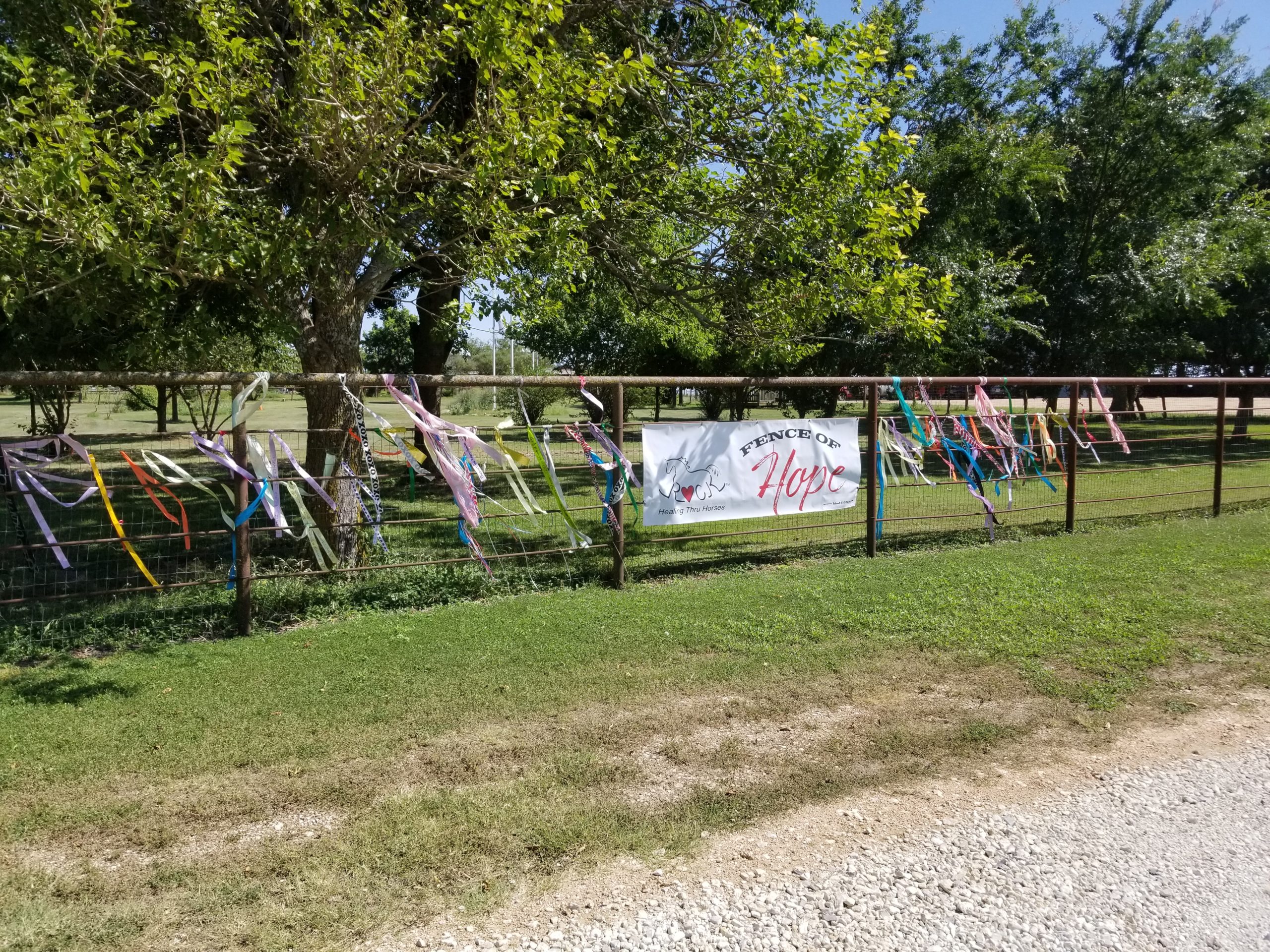Did you know that September is Suicide Prevention Awareness month?
Suicide is never an easy topic to talk about, and yet, with suicide listed as the 10th leading cause of death in the U.S. by the CDC, it’s all too important. In 2018 alone, 48,000 lives were lost to suicide, and as the COVID-19 pandemic and global instability continues on, many of us are being pushed to our mental limits. It’s important to remember that suicide is a permanent solution for a temporary problem and that there are MANY SOLUTIONS! Local resources, support systems, and even four-legged partners can help you. To be part of the solution, see below:
What are the warning signs that someone might be struggling?
Individuals considering suicide may not always appear depressed and Depression is not the only reason people consider suicide. Suicide occurs when an individual’s pain exceeds their resources for coping with that pain.
Additional Warning Signs for Suicide Risk:
- Individual seems obsessed with death
- Individual displays drastic changes in behavior
- Individual gives away prized possessions
- Individual takes unnecessary risks
- Individual increases drug or alcohol use (which can lead to poor decision making)
- Individual has several recent losses: (e.g. perceived personal, familial, career and/or social failures)
So how do we talk about it?
If someone is suicidal, practice QPR (Question, Persuade, Refer):
1. Question: Are you thinking about hurting or killing yourself? Find out more details such as
Plan? (How would you do it? Is the plan vague or specific?)
Means? (gun, pills, knife, etc.)
Access? (is the means available right now?)
If you can’t ask the question, find someone who can.
2. Persuade the individual to get help:
- Professional staff at ROCK: (512) 930-7625
- National Suicide Prevention Lifeline (to talk or text): 1-800-273-TALK · Samaritan Center: 512-451-7337
- Local Psychiatric Facilities: Georgetown Behavioral Health Institute (512-819-1154) or Rock Springs Hospital (512-746-7345)
- Call 911
If it is not an immediate emergency, help the individual make a plan of action:
- To tell their friends and/or family member
- To tell their current counselor/psychiatrist/physician
- To begin getting counseling (you may help them to make an appointment, or attend the appointment with them)
3. Refer. Refer the Individual to the Samaritan Center or other counseling resources. Offer to attend the appointment with the individual. Follow-up with the individual to ask if he or she kept his or her appointment.
Things to do:
- Ask questions and be direct
- Remain Calm- in most cases there is no rush
- Listen, listen, listen
- Take the discussion of suicide seriously
- Recognize your own limits
- Seek support and help
- Follow up: ask if they contacted a counselor
Things not to do:
- Be afraid to be direct and specific
- Panic and be judgmental
- Worry about having the magic words to fix it
- Be sworn to secrecy
- Leave the individual alone if in immediate danger
- Discuss the issue with anyone except those who need to know
Inspiration: To learn more about how getting help changed Sgt. 1st Class John Reeves’s life, check out the links below. John has been involved with ROCK for several years and routinely brings soldiers from Fort Hood who are in crisis to engage with the ROCK On Veteran program to utilize horsemanship as a tool for healing.
Check out the following links to read about John’s story in Part 1 and Part 2 of a series chronicled on the U.S. Army website.
#SoldierStory: Sgt. 1st Class John Reeves has struggled with depression and thoughts of suicide for more than 10 years. He shares his story in hopes of helping others. #UDontStandAlone #ArmyTeam #ThisIsMySquad #BeThere #SPM2020 pic.twitter.com/qOOdrJ6OLv
— GEN James C. McConville (@ArmyChiefStaff) September 9, 2020
Remember that if you are struggling, you are not alone. The reality is that suicide touches nearly all of us at some point. Whether it’s you or someone you know — suicidal thoughts, plans, and attempts are not uncommon. There is hope.


 ROCK’s Fence of Hope
ROCK’s Fence of Hope